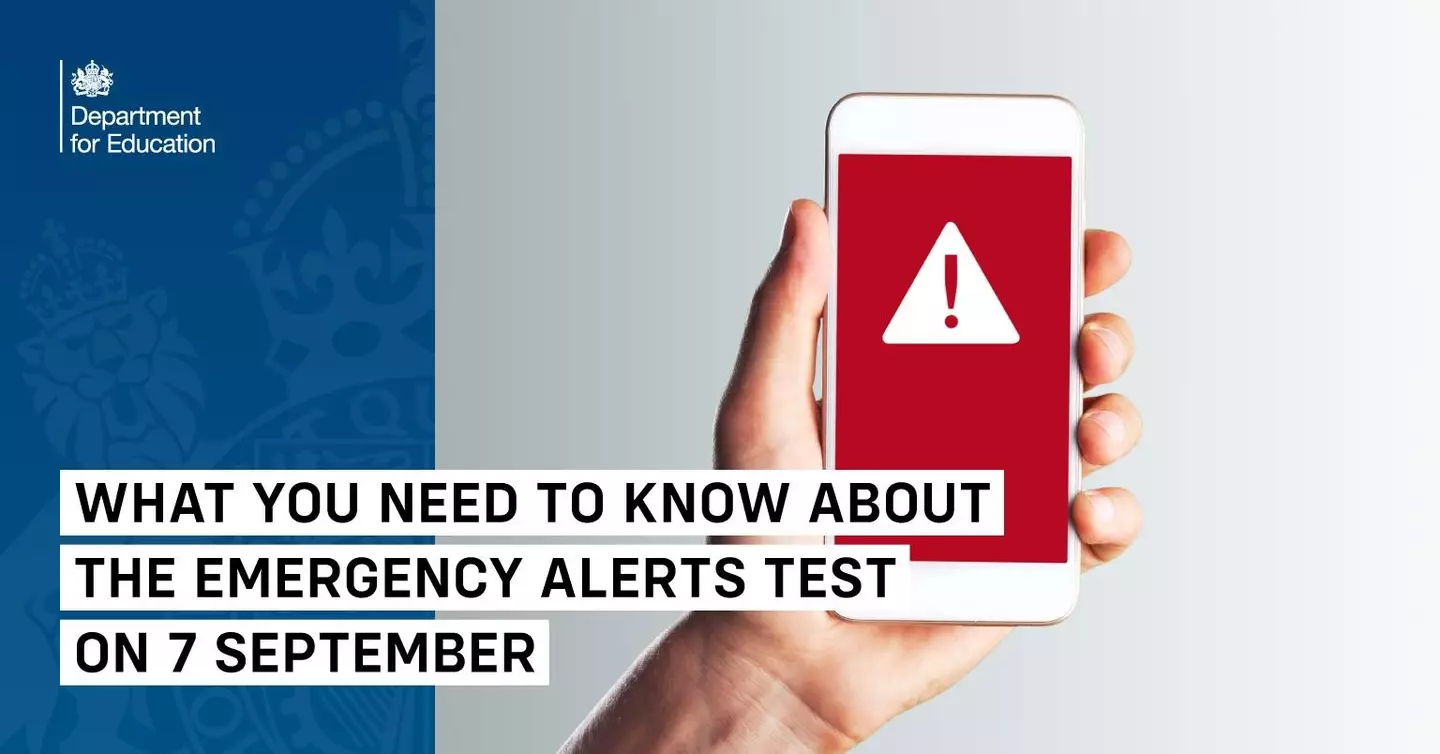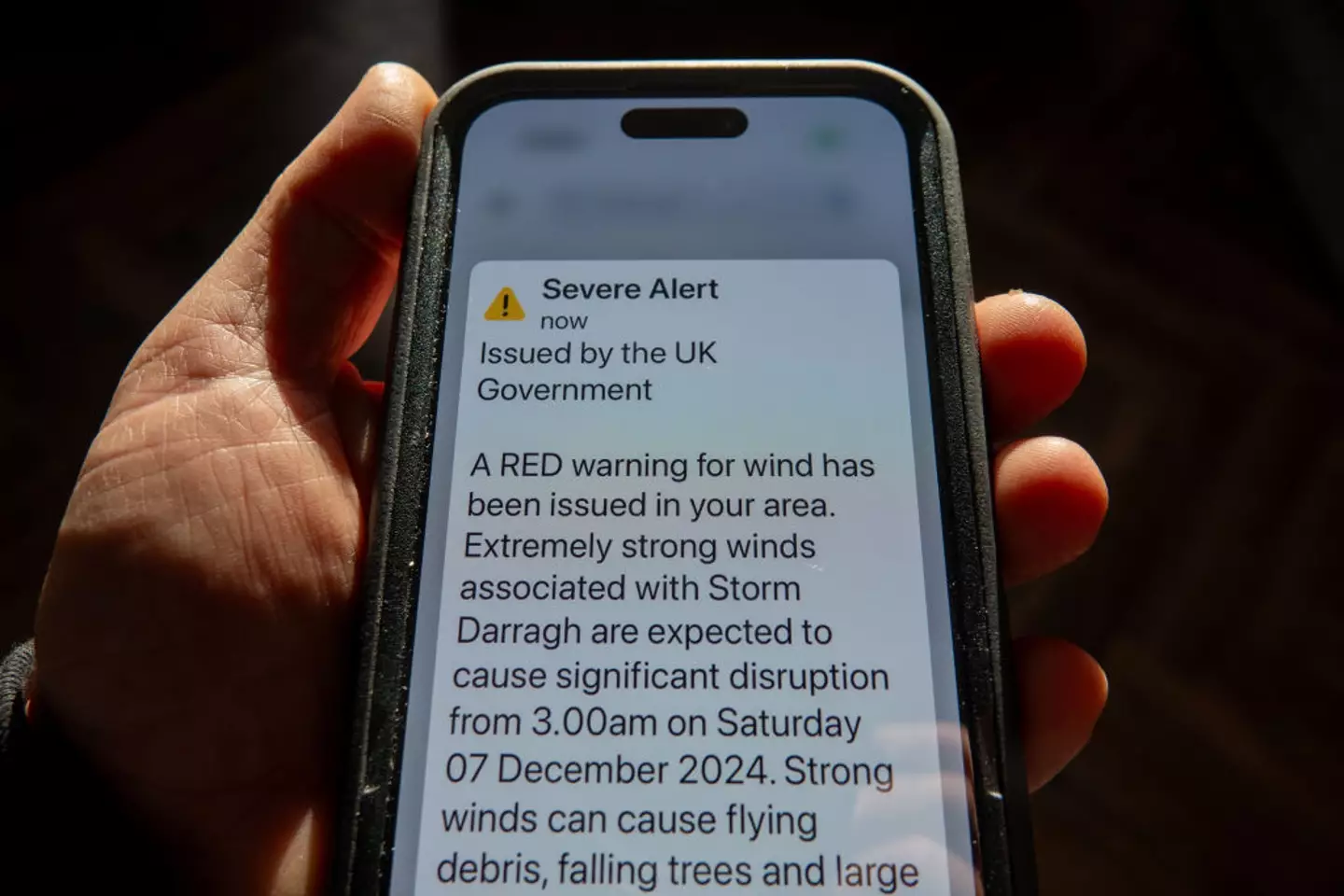
Just in case you hadn't had enough talk about the supposed end of days and World War III raining missiles from the sky, our governments are now here to remind us that our potential extermination is literally just a press of a button away from becoming a reality.
We know we need to be ready in case of emergency, and while not all of us have the funds of Mark Zuckerberg to create underground doomsday bunkers, and not all of us live in Switzerland with its 374,142 bunkers, failure to prepare is preparing to fail.
While President Donald Trump attempts to build a $175 billion Golden Dome of the United States, Russia's President Vladimir Putin continues to stoke the fears of WWIII at any moment. That's not helped by him meeting alongside Kim Jong Un and Xi Jinping in China, nor apparent threats that could put the United Kingdom in Russia's crosshairs.
In the aftermath of Russia seemingly threatening to wipe the UK off the map, the government is testing its own 'doomsday alarm' on September 7.
When is the United Kingdom's emergency alarm?

Advert
At 3 pm local time on Sunday, September 7, all 4G and 5G-enabled devices in the United Kingdom will receive the emergency alarm test. As well as smartphones, devices like tablets will also be affected, blaring the alarm for just 10 seconds. While only short, it's sure to come as a shock for those who might not be expecting it. Note that you'll still get the emergency alarm even if your phone is set to silent mode.
Devices will start vibrating and make a loud, siren-like sound, with around 87 million mobile phones being pinged with the alert.
The government says it's chosen 3 pm on a Sunday because most schools will be closed and it's a time that's least likely to disrupt the country.
Why are UK devices being tested with an emergency alarm?
Billed as one of the biggest safety exercises in UK history, the emergency alarm test is there to check that the government can quickly get a message out to residents if the unthinkable happens.
Before you get too worried, the alert will remind you that this is only a test, with no further action needed. Still, in an actual emergency, there would likely be clearer advice on what you need to do next.
As for why we're being tested, the official government advice states: "The Emergency Alerts system serves a crucial purpose in keeping the public safe. It's used to warn people when there's a danger to life nearby, including severe weather events like storms or flooding.
“Since the first national test in April 2023, the system has sent five real alerts during major storms when lives were genuinely at risk."
Can you opt out of the emergency alarm?

For anyone who thinks it is too much, you'll be pleased to know you can opt out of the emergency alert. Although the government strongly suggests you ensure your devices get emergency alerts, you can head into your settings, find 'emergency alerts', then opt out of 'severe alerts' and 'extreme alerts'.
Like regularly testing your smoke alarms or practising fire drills, it's there to ensure the system works in the unfortunate case the government actually needs to use it.
The site also points us toward advice on creating emergency kits and making sure those around us are prepared. So, when your phone suddenly starts blaring, don't worry, it's all been perfectly planned.